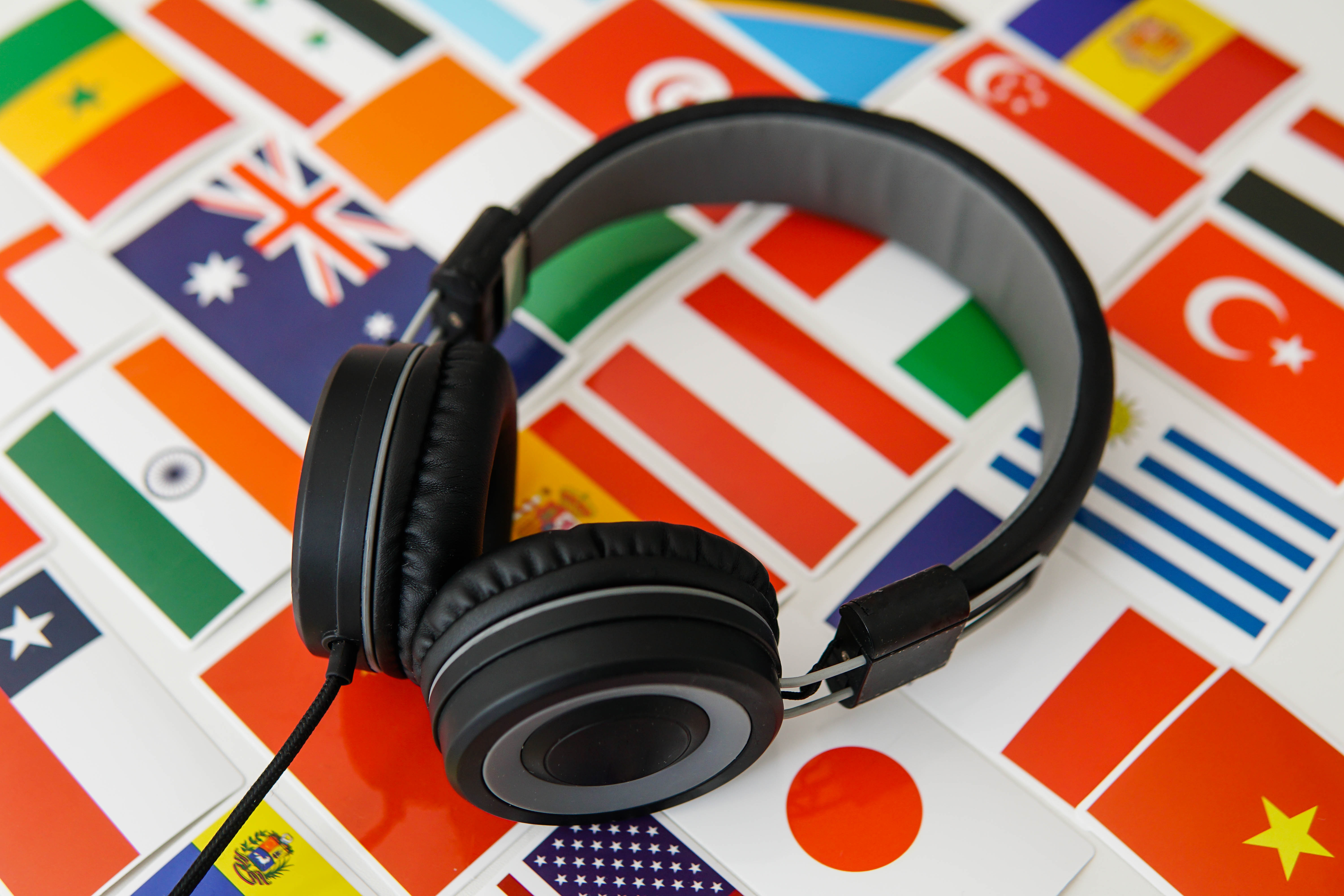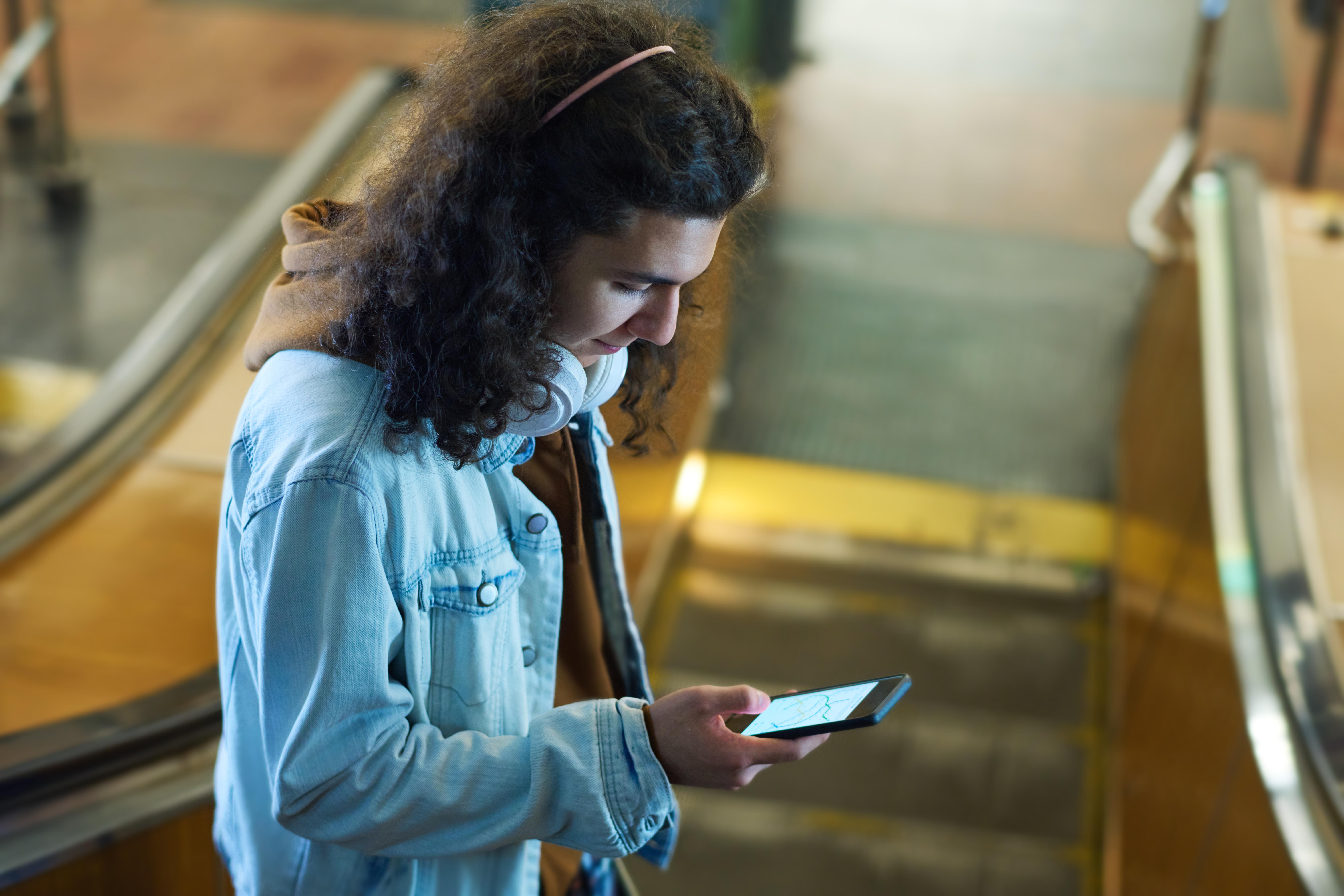14 AI-Powered Travel Tools That Will Revolutionize How You Plan Your Next Adventure
In an era where artificial intelligence (AI) is revolutionizing industries, travel planning has not been left behind. The integration of AI into the travel industry is transforming how we plan, execute, and experience our journeys. Gone are the days when planning a trip involved sifting through countless websites or relying solely on travel agents. Now, with the help of AI, travelers can enjoy personalized experiences, efficient itineraries, and cost-effective solutions. This article explores 14 AI-powered travel tools that are redefining the way we embark on adventures, making travel not just a journey, but an experience of a lifetime. As we delve into each tool, we will uncover how they contribute to a seamless and enhanced travel experience, setting the stage for a new era of exploration.
1. AI-Powered Itinerary Builders

AI-powered itinerary builders are a game-changer for travelers looking to optimize their schedules. These tools analyze vast amounts of data, including user preferences, travel patterns, and local events, to craft personalized itineraries. By considering factors such as travel time, budget constraints, and interests, AI can create a balanced plan that maximizes both enjoyment and efficiency. Tools like TripHobo and Utrip offer user-friendly platforms where travelers can input their preferences and receive tailored itineraries that adapt to real-time changes. This level of personalization ensures that travelers spend their time experiencing destinations rather than planning, making their journey more enjoyable and less stressful.
2. Virtual Travel Assistants

Virtual travel assistants are like having a personal concierge at your fingertips. These AI-driven tools provide real-time support and information, from booking flights and accommodations to offering recommendations on dining and activities. Assistants like Google Assistant and Amazon Alexa can answer queries, provide updates on flight statuses, and even suggest local attractions based on user interests. By integrating with various travel apps and services, these assistants streamline the travel planning process, making it more efficient and less time-consuming. As a result, travelers can focus on the excitement of their journey, knowing they have a reliable source of information and support.
3. Smart Language Translators

Language barriers can be a significant challenge for travelers, but AI-powered language translators are bridging the gap. Tools like Google Translate and iTranslate use advanced algorithms to provide real-time translations, enabling travelers to communicate effectively in foreign countries. These translators can handle text, voice, and even image translations, making them versatile tools for navigating unfamiliar territories. With the ability to translate multiple languages instantly, travelers can immerse themselves more deeply in local cultures, enhancing their overall travel experience. This not only makes interactions smoother but also fosters a greater understanding and appreciation of diverse cultures.
4. Personalized Travel Recommendations

AI excels at providing personalized recommendations, and travel is no exception. By analyzing user data, preferences, and past travel behavior, AI can suggest activities, restaurants, and attractions that align with individual interests. Platforms like TripAdvisor and Yelp utilize AI to curate lists of top-rated experiences tailored to each user. This personalization ensures that travelers discover hidden gems and unique experiences that they might otherwise overlook. By delivering customized suggestions, AI enhances the travel experience, making it more enjoyable and memorable. Travelers can explore with confidence, knowing they are experiencing the best a destination has to offer.
5. Predictive Pricing Tools

Predictive pricing tools are a boon for budget-conscious travelers. These AI-driven platforms analyze historical data and market trends to predict future prices for flights and accommodations. Tools like Hopper and Skyscanner utilize machine learning algorithms to forecast price fluctuations, allowing travelers to book at the most opportune times. By providing insights into when prices are likely to rise or fall, these tools help travelers secure the best deals, saving money and ensuring a more cost-effective journey. With predictive pricing, travelers can plan their trips with confidence, knowing they are getting the best value for their money.
6. AI in Travel Security

Security is a paramount concern for travelers, and AI is playing a crucial role in enhancing travel safety. AI-powered tools can monitor global events, weather conditions, and political situations to provide real-time alerts and safety recommendations. Platforms like Sitata offer travelers up-to-date information on potential risks, ensuring they are well-informed and prepared. By leveraging AI's ability to process vast amounts of data quickly, these tools help travelers make informed decisions, avoid dangerous situations, and enjoy a safer travel experience. With AI-enhanced security, travelers can focus on exploring new destinations with peace of mind.
7. Seamless Booking Experiences

AI is transforming the booking process, making it more efficient and user-friendly. Travel platforms like Expedia and Booking.com use AI algorithms to streamline the booking experience, offering personalized recommendations and dynamic pricing. By analyzing user preferences and past behavior, these platforms can suggest the best options for flights, accommodations, and activities. AI also enhances customer service, providing instant support and resolving issues quickly. This seamless booking experience saves travelers time and effort, allowing them to focus on the excitement of their upcoming adventures. With AI-driven booking, planning a trip becomes a hassle-free experience.
8. AI in Sustainable Travel

Sustainability is becoming increasingly important in travel, and AI is helping travelers make eco-friendly choices. AI tools can analyze the environmental impact of travel options, suggesting sustainable alternatives that minimize carbon footprints. Platforms like Eco Companion and Green Travel Guide use AI to recommend eco-friendly accommodations, transportation, and activities. By promoting sustainable travel practices, AI not only helps preserve the environment but also enhances the travel experience by connecting travelers with nature-conscious options. As travelers become more environmentally aware, AI-driven sustainability tools are paving the way for responsible and meaningful travel experiences.
9. Enhanced Customer Service with AI

Customer service is a critical aspect of travel, and AI is enhancing the quality and efficiency of support provided to travelers. AI-powered chatbots and virtual assistants offer 24/7 support, answering queries, resolving issues, and providing information quickly and accurately. Platforms like KLM and Emirates have integrated AI into their customer service operations, ensuring travelers receive timely assistance. By automating routine tasks and providing instant support, AI improves the overall customer experience, allowing travelers to focus on enjoying their journey. With AI-enhanced customer service, travelers can expect a higher level of support and satisfaction.
10. AI in Travel Content Creation

Content creation is an essential part of travel, and AI is revolutionizing how travel content is generated and consumed. AI tools can analyze user-generated content, such as reviews and social media posts, to identify trends and preferences. Platforms like Lonely Planet and Culture Trip use AI to curate personalized travel guides and articles, offering tailored content that resonates with individual interests. By delivering relevant and engaging content, AI enhances the travel experience, inspiring travelers to explore new destinations and experiences. With AI-driven content creation, travelers can access a wealth of information that enriches their journey.
11. AI in Navigation and Route Optimization

Navigating unfamiliar destinations can be challenging, but AI is making it easier and more efficient. AI-powered navigation tools, like Google Maps and Waze, provide real-time traffic updates, route optimization, and alternative paths. By analyzing traffic patterns and user data, these tools offer the most efficient routes, saving travelers time and reducing stress. AI also enhances navigation by providing information on local attractions, dining options, and points of interest along the way. With AI-driven navigation, travelers can explore with confidence, knowing they have the most accurate and up-to-date information at their fingertips.
12. Virtual Reality and AI in Travel Planning

Virtual reality (VR) combined with AI is transforming travel planning by offering immersive previews of destinations. Platforms like YouVisit and Oculus allow travelers to explore destinations virtually, providing a realistic sense of what to expect. AI enhances this experience by personalizing virtual tours based on user preferences and interests. By offering a virtual glimpse of potential travel experiences, AI and VR help travelers make informed decisions, ensuring they choose destinations that align with their desires. This innovative approach to travel planning enhances anticipation and excitement, making the journey even more rewarding.
13. AI in Travel Health and Wellness

Health and wellness are crucial aspects of travel, and AI is playing a vital role in promoting traveler well-being. AI-powered health apps can provide personalized recommendations for maintaining health while traveling, such as exercise routines, dietary suggestions, and stress management techniques. Platforms like Wellnesys and Calm utilize AI to offer tailored wellness programs that enhance the travel experience. By prioritizing health and wellness, AI ensures travelers enjoy a more balanced and fulfilling journey. With AI-driven health tools, travelers can maintain their well-being, ensuring they return home rejuvenated and refreshed.
14. The Future of AI in Travel

The integration of AI in travel is just the beginning of a new era of exploration. As technology continues to evolve, AI will play an even more significant role in shaping the future of travel. Emerging trends such as AI-powered personalization, sustainable travel solutions, and enhanced customer experiences will continue to redefine the industry. The potential for AI to create seamless, efficient, and personalized travel experiences is limitless. As we look to the future, the possibilities for AI in travel are exciting and transformative, promising a new world of exploration and discovery for travelers around the globe.
The integration of AI into travel planning is revolutionizing the way we explore the world. From personalized itineraries and seamless booking experiences to enhanced customer service and sustainable travel options, AI is transforming every aspect of the travel experience. As travelers embrace these innovative tools, they can enjoy more efficient, personalized, and memorable journeys. The future of travel is bright, with AI leading the way to new adventures and discoveries. By embracing the AI revolution in travel, we open the door to a world of possibilities, where every journey becomes an extraordinary experience.








